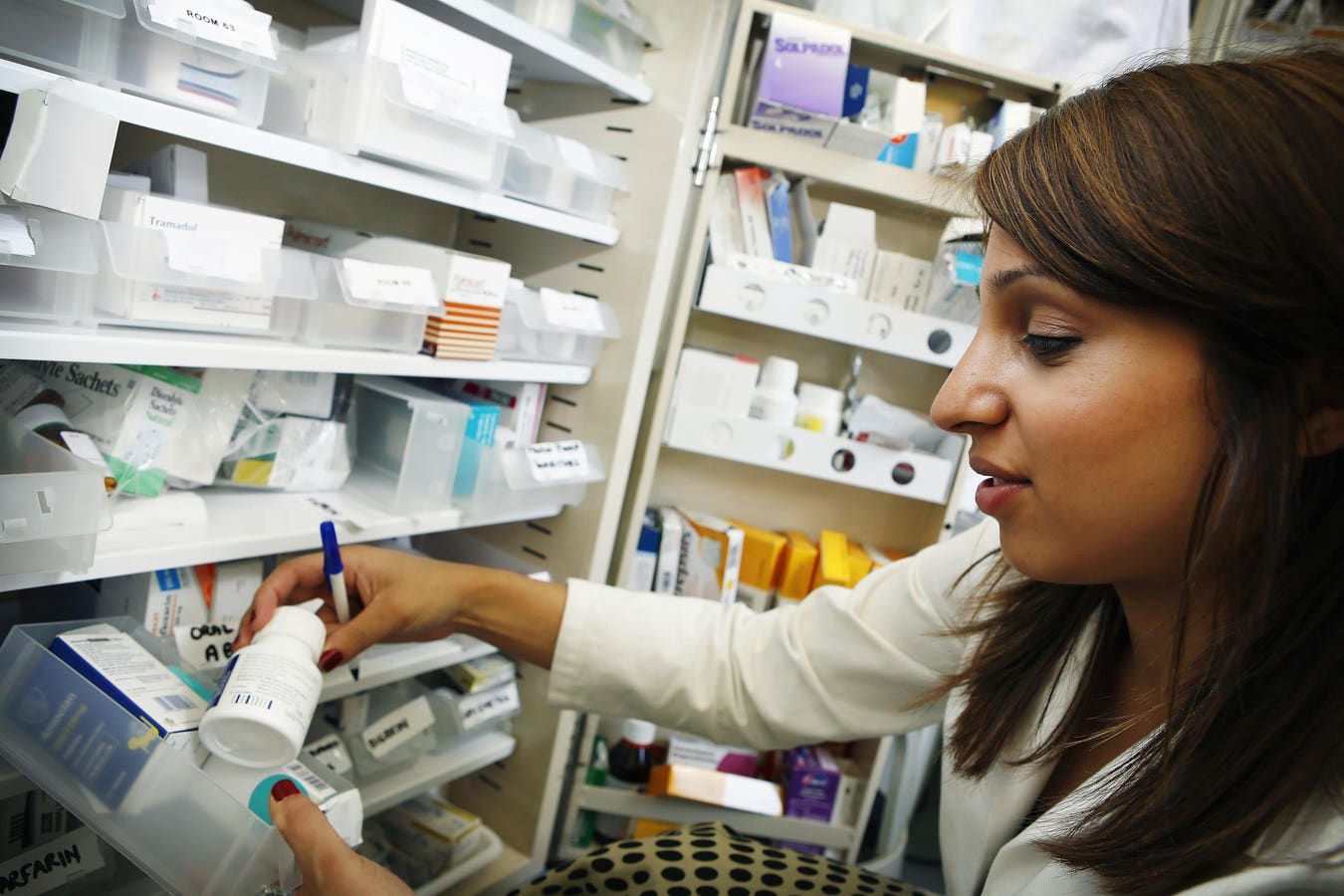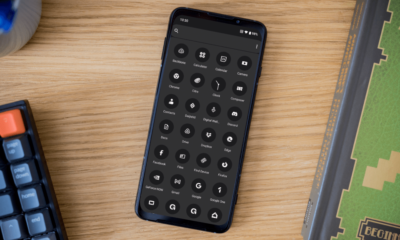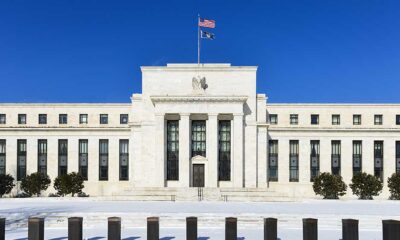Health
Daily struggle to find medicines amid shortages, say English pharmacists

Young female pharmacist checks stock levels of medicines in the pharmacy stockroom.
Most pharmacy teams in England struggle with medicine shortages on a daily basis, according to a survey of thousands of employees.
Around 72% of pharmacy staff told industry body Community Pharmacy England that they encountered unavailable medicines several times a day. Almost everyone (99%) experienced delivery problems at least once a week.
And the vast majority – 79% – say shortages endanger patients’ health.
CPE surveyed 6,100 pharmacy owners and 2,000 other pharmacy staff as part of a study into the impact of pressure on the supply of medicines.
About 91% of pharmacy owners told the organization that drug supply problems had worsened in the past year.
It is disturbing that many anxious patients transfer their stress to the pharmacists themselves, the study shows.
Almost all pharmacy staff (97%) said they had experienced ‘frustration’ due to patients not being able to get their prescriptions, while 84% said they had faced ‘aggression’.
‘Powerless’ in the face of global problems
“The challenges in the field of medicine supply are more than crucial. For pharmacies, it has become an ongoing battle to ensure everyone has access to the medicines they need, putting enormous pressure on pharmacy teams and businesses,” said Janet Morrison, CEO of CPE.
Global demand for numerous medicines is outpacing availability in a market hit hard by supply chain issues.
Pharmacies were “powerless” in the face of this national and international pressure, she added in a statement.
“Drug shortages are disrupting treatment for some patients and destabilizing their health,” said James Davies, director of the Royal Pharmaceutical Society for England. The guard.
Drugmakers needed to work more closely with the government and the country’s public health system to shore up the country’s supplies, he said.
Lingering consequences of Brexit
Although medicine shortages are a global phenomenon, Brexit may have left Britain particularly vulnerable a recent report from leading health think tank Nuffield Trust.
The organisation’s Brexit program leader Mark Dayan said last month that additional friction at Britain’s borders could worsen a “shocking” rise in deficits.
“We know that many of the problems are global and linked to fragile import chains from Asia, strained by Covid-19 shutdowns, inflation and global instability,” he said in a statement.
The government has responded to the shortages by monitoring drugs much more closely and spending extra money to “try to maintain the flow of products.”
“But leaving the EU has left Britain with a number of additional problems,” he added. “Products no longer flow as smoothly across borders with the EU, and in the long term our struggle to approve so many medicines could mean we have fewer alternatives available.”
Insulin products and asthma medications
At the moment, ADHD drugs, hormone replacement therapy, certain asthma medications and even some insulin products are all in short supply in Britain
Vials of certain Eli Lilly insulins (lispro and human insulin) have problems, as do Novo Nordisk’s prefilled FlexTouch Tresiba (degludec) and Fiasp (aspart) pens.
But it’s not the insulin itself that’s unavailable, as the plastic used in Novo Nordisk’s pens is facing supply problems, according to national charity Diabetes UK. Alternative containers such as cartridges are available.
Ongoing shortages of another of Novo Nordisk’s diabetes products – the successful Ozempic pens – are also expected to last for months.
Earlier this year, British police announced they were cracking down on black market sales of the drug, which is often used off-label for weight loss.
A spokesperson for the Department of Health and Social Care said in a statement: ‘There are approximately 14,000 approved medicines and the vast majority are in good stock. Supply problems can arise for a variety of reasons and are not specific to Britain.â€













